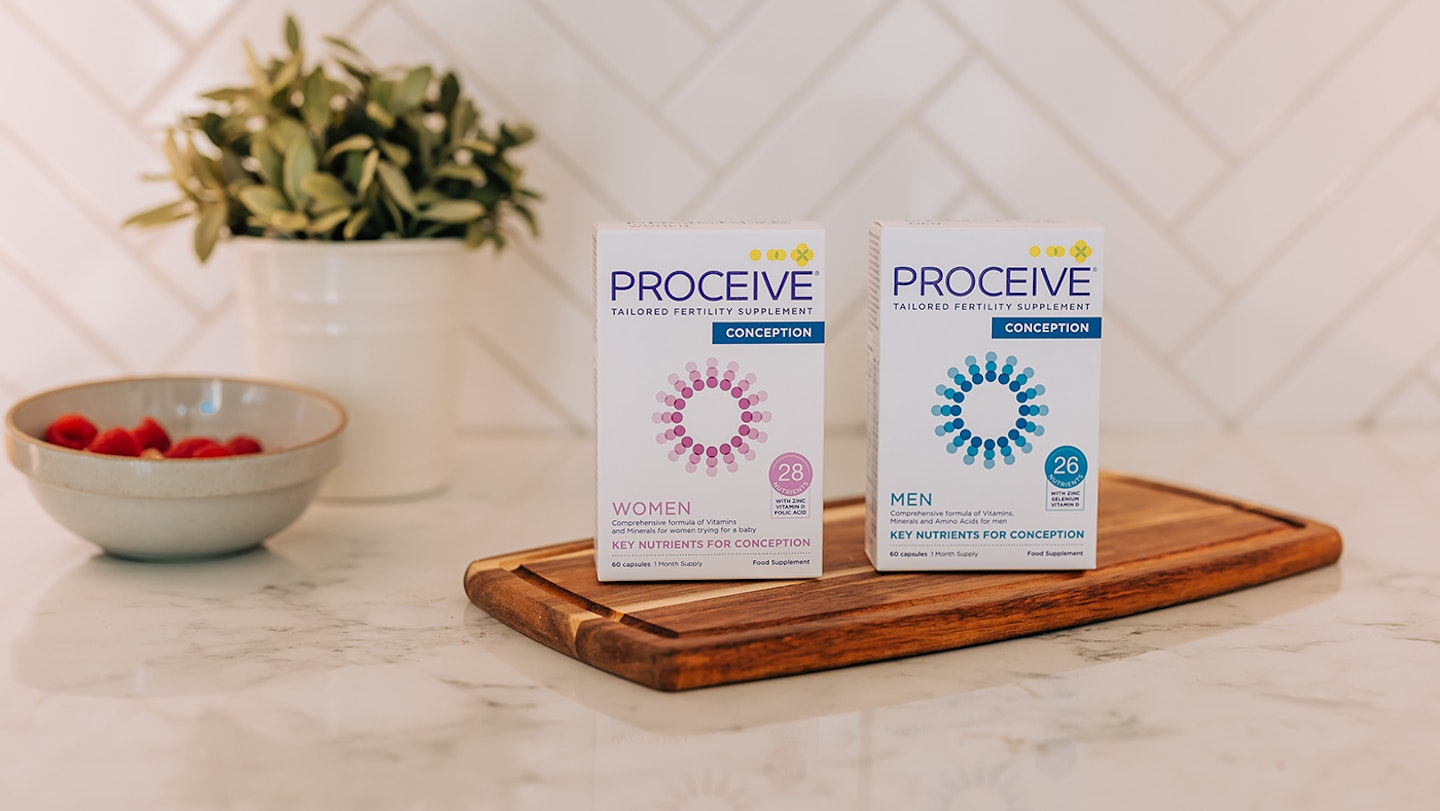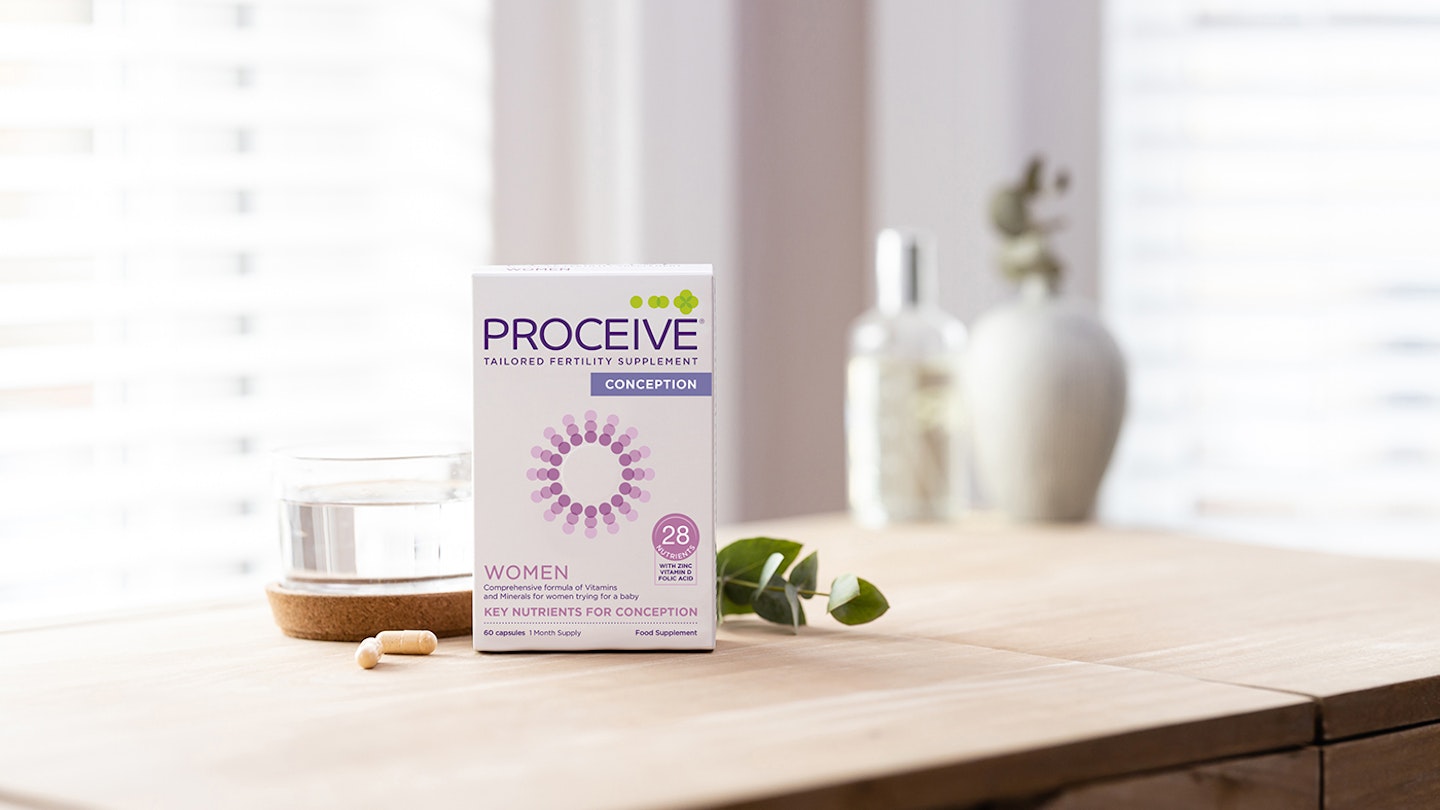Advertisement feature
When trying to for a baby it’s important to understand the facts about fertility and how best to prepare your body. We understand that there is a huge amount of information out there on the subject.
If you are thinking about starting a family, now is the time to get your preconception health in order. A woman who wishes to become pregnant should get to know her body, specifically her menstrual cycle. Tracking her period cycle means that a woman can better predict when she might be ovulating. Ovulation is the process in which a woman’s body produces an egg. The rhythm of the female cycle is incredibly delicate and can be affected by so many environmental factors such as lack of sleep and stress that can upset the balance and both could have an impact on ovulation and menstruation. There also are services available to check the levels of your hormones, which can test for conditions such as PCOs and endometriosis.
A well-balanced diet full of fresh fruit, vegetables, wholegrains, pulses, lean meats and fish will give your body the nutrition it needs. Exercising is so important for overall health, it keeps the mind and body healthy, and improves overall condition. Exercise will help cardiovascular health, reduce stress levels, and help you to maintain a healthy weight. Do something that you enjoy so that it doesn’t feel like a chore.
Stop or reduce your alcohol intake and stop smoking. It is a well-known fact that smoking can have a significant effect on the fertility of both men and women. Smoking damages the genetic material in both eggs and sperm. Male smokers can suffer decreased sperm quality, counts and motility. Non-smoking males have much healthier sperm than smoking males. Healthy sperm means a greater chance of fertilising an egg and making a healthy baby.
Reproduction is an incredibly energy intensive process, so as well as a healthy diet, good sleep and regular exercise, fertility supplements like Proceive can be a great way to boost all the nutritional needs of your reproductive system. Improving nutrition and lifestyle for as little as three months before trying to conceive can make a noticeable difference to both genders as both the male and female reproductive systems need adequate nutritional support to contribute to sperm and egg quality.

Proceive Conception is a specially formulated range of fertility & preconception nutritional supplements for men and women. Proceive® provides the most comprehensive ingredients including Vitamins, Minerals, Amino Acids, CO-Q10 and also contains 400ug folic acid in the L-Methylfolate format for improved absorption.
Proceive have tailored their products based on the different needs of their customers. For couples over the age of 35 (For Women) and 40 (For Men), or those who have been trying to conceive for a year or more, Proceive Max is recommended. This product contains more nutrients (33 vs 28) at a much higher level than the capsules. The clinical research has shown that those that have been trying for a little while benefit from the higher strength formula and the extra ingredients.
